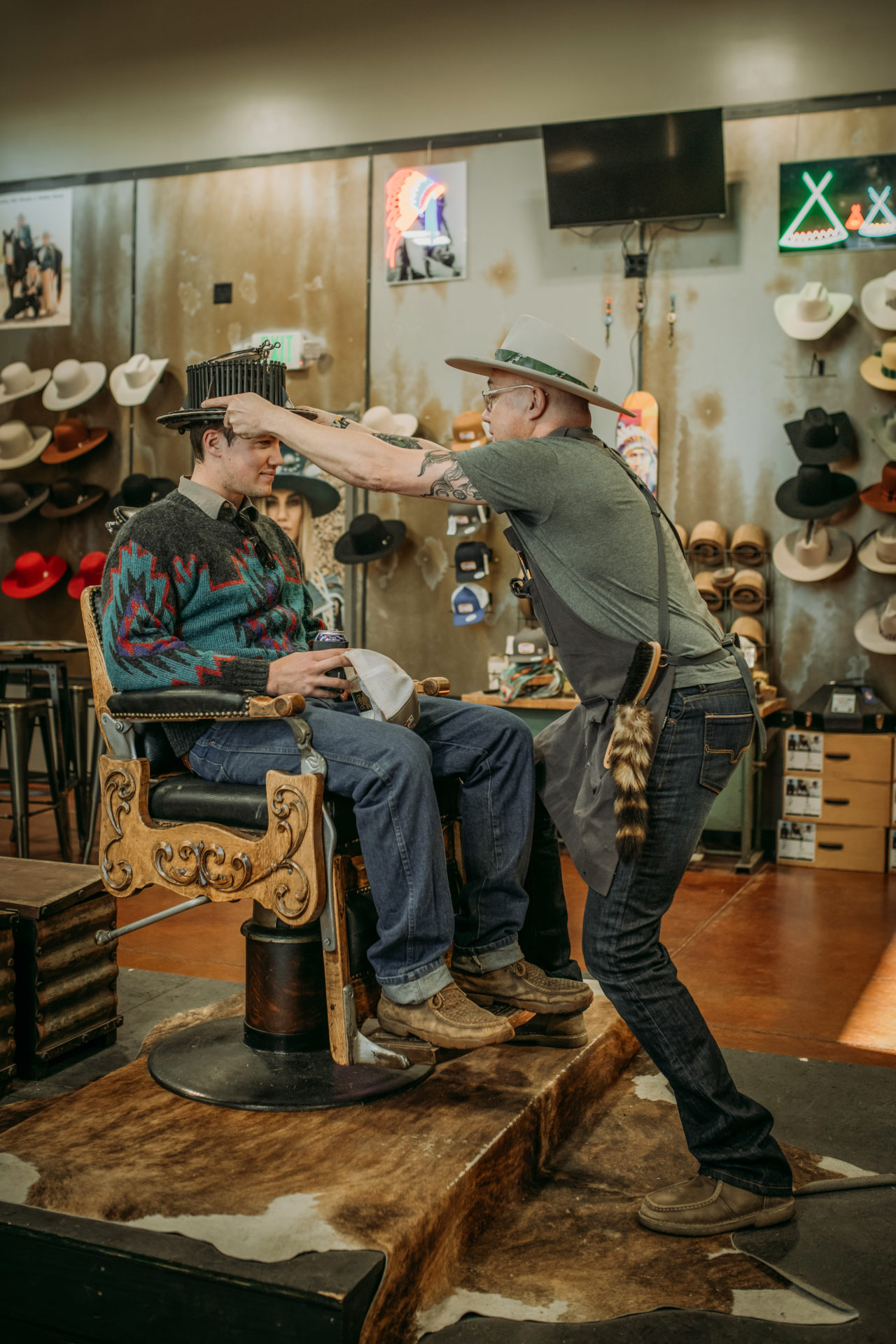By Angie Grenz
It’s a familiar refrain from most childhoods: Mom chiding her children to eat a good breakfast, because it’s the best way to start the day. But a good start to your day can depend on a whole lot more than a bowl of Wheaties. And a good morning ritual can mean the difference between surviving or slaying the day ahead of you.
So, what are the best habits for successful mornings? We asked two local experts for their advice on how to spend those initial hours after we pry open our eyelids. Licensed Counseling Psychologist, Elena Estanol, with Synapse Counseling in Fort Collins, and Dr. Lynn Stiff, a lifestyle medicine physician with Banner North Colorado Family Medicine Residency Program in Greeley, are both big believers in the importance of a good morning ritual.
“I believe that it is extremely important to create morning rituals that are aligned with who we are, who we want to become and how we want to show up in the world,” says Estanol. “So many people are functioning on auto-pilot and roll out of bed and are in a constant state of rush and panic.”
Stiff has a similar take: “I love morning routines. I feel they can set the stage for your entire day.”
Here is their best advice for starting your day off right:
1. Avoid technology, social media and the news. Estanol starts her tips off with the three things you should absolutely avoid first thing in the morning: checking your phone or social media; reading, watching or listening to the news; and checking email or voice messages. “The reason…is that the moment we do this, we are allowing someone else and something else to influence our feelings, thoughts and behaviors.” And in the process, we go from our intentional schedule to reacting and responding to others.
2. Intentional self-care. One key in the morning ritual is intentionality. “I believe in the power of taking time for self-care,” says Estanol, “and grounding prior to connecting to the world and meeting everyone else’s demands.” For each person, that might look a little different. “I personally love drinking a warm cup of coffee, relaxing in a nice chair with a blanket,” says Stiff. But she does allow some flexibility in her morning if it follows the same pattern: 45-ish minutes of quiet time then exercise before showering, breakfast and starting her day.
3. Drink your water. Estanol says your morning ritual needs to address your physical being as well as your emotional, mental and spiritual health. No. 1 on her list: drink water first thing in the morning. She drinks a large glass of water as soon as she wakes up.
4. Fill your spiritual side. Right after that big glass of water, Estanol reserves 30 to 40 minutes for meditation. Part of her meditation includes sitting and petting her cats, chakra clearing and other spiritual practices.
5. Journaling and reading can be an effective start to the day. “If I am working through strong emotions or something tough in my personal or professional life, I usually start the day with journaling,” says Stiff. However, “if life is in a more neutral place, I may spend less time journaling and instead…use it to read something I enjoy personally.” Estanol adds creating to-do lists and visualizing your day can also be healthy ways to jumpstart your day and promote metal clarity.
6. Exercise. Both Stiff and Estanol feel that exercise is an important part of the morning routine. “Engage your body in some type of body movement or stretching,” recommends Estanol. Stiff is a runner and hits the trail five days a week. Both doctors acknowledge there is a plenty of debate about eating before or after you exercise in the morning, and they both agree you should let your body decide.
“You do not need to eat before exercise that is 45 minutes or less, but there is nothing wrong with eating first,” says Stiff. Exercising while fasted may have a slight benefit for fat burning, she adds, but it has a larger risk for injury and poor performance. However, she says, eating protein and carbohydrate within 30 minutes of exercise will help stimulate muscle repair and prolong the elevation in your metabolism. Estanol recommends listening to your body: if you aren’t hungry before exercise, eat after. If you find exercising on an empty stomach leads to headaches or exhaustion, fuel up before activity.
7. Make, and take, your time. “My entire routine takes about two hours because I like to feel a sense of expansion in time, because the rest of the day I am booked solid from one hour to the next,” says Estanol. Stiff has three young children at home, so “time is priceless.” She says the part of her ritual she can’t live without is her morning coffee, a blanket and quiet, so she makes time for it every day.
8. Make breakfast count. When asked what her ideal breakfast looks like, Stiff says simply, “Real food!” She recommends a balanced breakfast with protein, carbohydrate and fat…but keep it real, with minimally-processed foods.
9. Keep the same schedule on the weekends as you do on the weekdays. “I believe that installing habits is essential because they help to create a greater sense of grounding, order and structure to our days, as well as allowing for more space to be available in our working memory for being creative and solving problems,” says Estanol. Without effective routines, she adds, “we are wasting valuable mental and emotional resources early in the morning to make decisions about what to do, in which order to do it and weighing our options, which depletes our willpower.” However, while she says the routine should stay the same, she doesn’t believe you need to wake up at the exact same time every day. “Keeping times within an hour or two will make it easiest to maintain over the long term,” while still allowing for some flexibility.
There is not a single routine that is better than others, stresses Estanol. “The way to evaluate your routine is whether it works for you and helps you perform better. If it does, then keep it.”
Angie Grenz is editor for NOCO Style Magazine.







